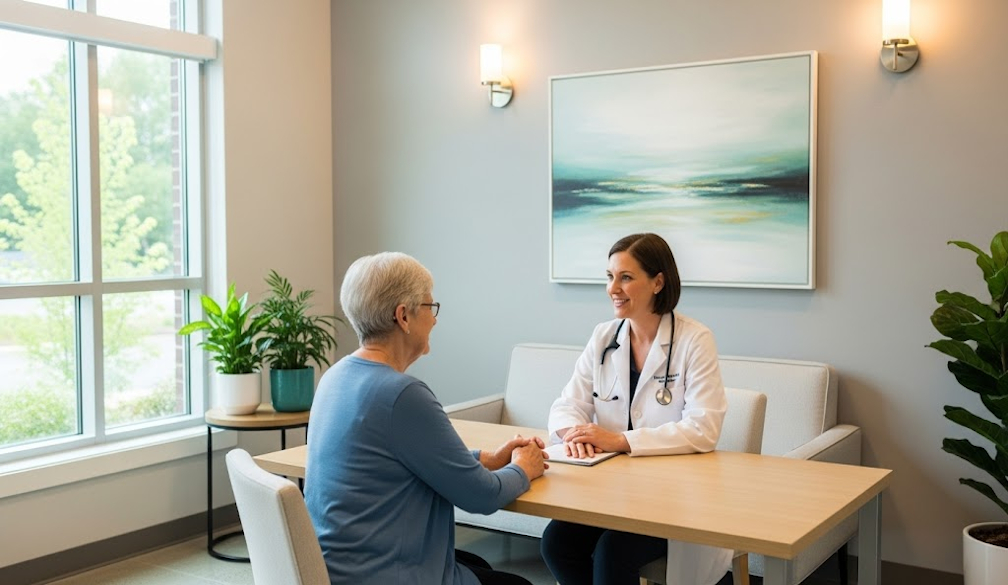The Essential Role of a Medical Clinic in Comprehensive Healthcare

In a world where health concerns range from minor ailments to complex conditions, having easy access to a medical clinic can make all the difference. A medical clinic acts as the first line of defence in healthcare, offering immediate and preventive services that keep individuals and communities healthy. Unlike hospitals, which focus on acute or emergency care, a medical clinic provides continuity, convenience, and a broad scope of services tailored to everyday needs.
What Makes a Medical Clinic Different
A medical clinic is often staffed by general practitioners, nurses, allied health professionals, and sometimes even specialists, depending on the size of the clinic. These professionals collaborate to deliver comprehensive care in one location. Patients can come in for regular check-ups, immunisations, health screenings, wound care, and chronic disease monitoring, all without navigating the complexities of a hospital setting. For most people, the medical clinic becomes their go-to for healthcare advice and treatment.
Wide Range of Services at a Medical Clinic
One of the key benefits of a medical clinic is the variety of services it offers. General consultations, physical exams, diagnostic testing, vaccinations, family planning, travel medicine, minor procedures, and mental health services are often available. Some medical clinic facilities also have pathology labs or imaging services onsite, making the diagnostic process more efficient and convenient. This wide scope of care means that many health concerns can be addressed in one visit.
How a Medical Clinic Supports Preventive Health
Preventive health is a major focus at every medical clinic. Routine screenings, blood pressure checks, cholesterol monitoring, and health risk assessments help catch potential issues early. Doctors at a medical clinic take time to counsel patients on diet, exercise, and lifestyle habits that support long-term wellness. This proactive approach not only reduces the likelihood of disease but also helps lower healthcare costs by avoiding hospital admissions and advanced interventions.
Accessibility and Community Connection
Unlike large hospitals, a medical clinic is designed to be accessible, both in terms of location and services. Most clinics are located in residential or commercial neighbourhoods, making it easier for patients to attend appointments. The staff at a medical clinic often build strong relationships with local residents, fostering a sense of trust and community. Many people find it easier to discuss personal health concerns in the comfortable, familiar setting of their neighbourhood clinic.
Chronic Condition Management and Follow-Up Care
For those living with long-term illnesses such as diabetes, heart disease, or asthma, a medical clinic provides structured care plans and regular follow-ups. Doctors monitor progress, adjust medications, and offer ongoing education to help patients manage their conditions effectively. This continuous support ensures that chronic health issues don’t spiral into emergencies or complications, improving overall quality of life.
The Role of Medical Clinics in Emergency Situations
While a medical clinic isn’t equipped for major emergencies like heart attacks or trauma, it plays a critical role in handling minor urgent care needs. Common examples include infections, minor injuries, allergic reactions, and flare-ups of chronic conditions. A medical clinic offers faster service than a hospital emergency room and can refer you to a higher level of care when necessary.
Family Health Services and Childcare
A medical clinic caters to the entire family. Children receive immunisations, growth monitoring, and treatment for common conditions like ear infections and respiratory issues. Adults benefit from screenings, reproductive health services, and general wellness checks. Seniors receive support for age-related health concerns and chronic disease management. By providing care for every life stage, a medical clinic ensures that families can stay healthy together.
Mental Health and Allied Services
In recent years, many medical clinic facilities have expanded their offerings to include mental health services and allied health professionals like physiotherapists, dietitians, and podiatrists. This integrated approach allows for holistic care that addresses both the physical and psychological aspects of health. Patients can get help for anxiety, depression, or stress without the need to visit a separate mental health centre, reducing barriers to care.
Conclusion
A medical clinic is the backbone of local healthcare, offering accessible, comprehensive, and patient-centred services that meet the everyday needs of individuals and families. Whether it’s for a regular check-up, chronic disease support, or a sudden health concern, your local medical clinic is equipped to handle it all with professionalism and compassion. Choosing a trusted clinic means taking control of your health with confidence and convenience. Book your next appointment with a reputable medical clinic and experience the benefits of continuous, connected care.










